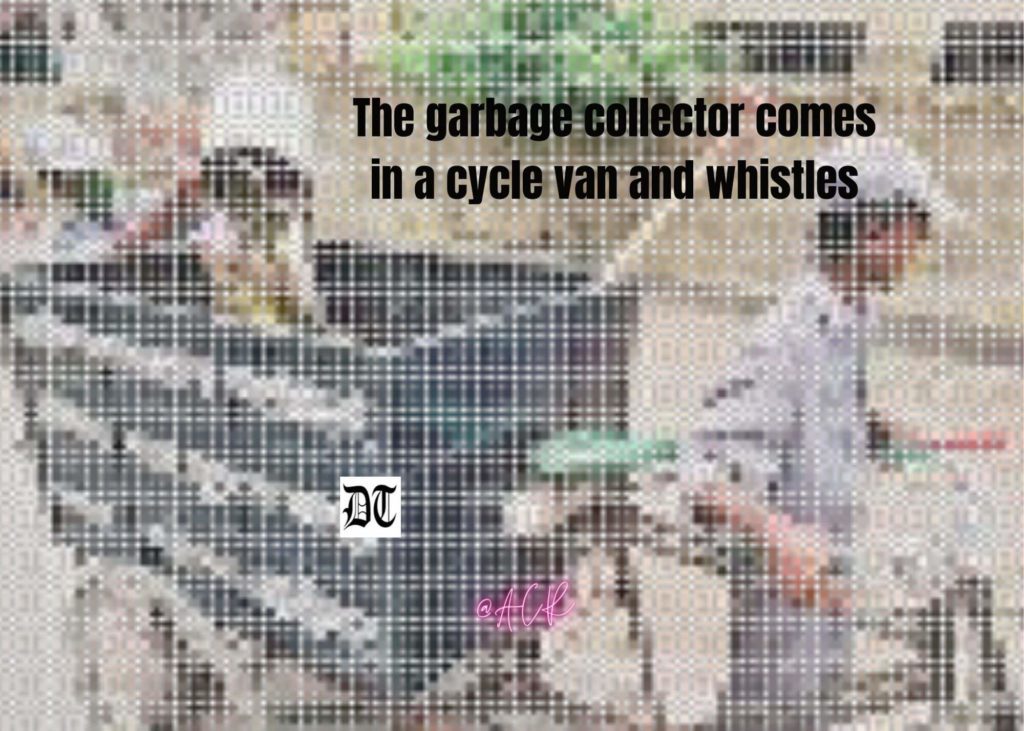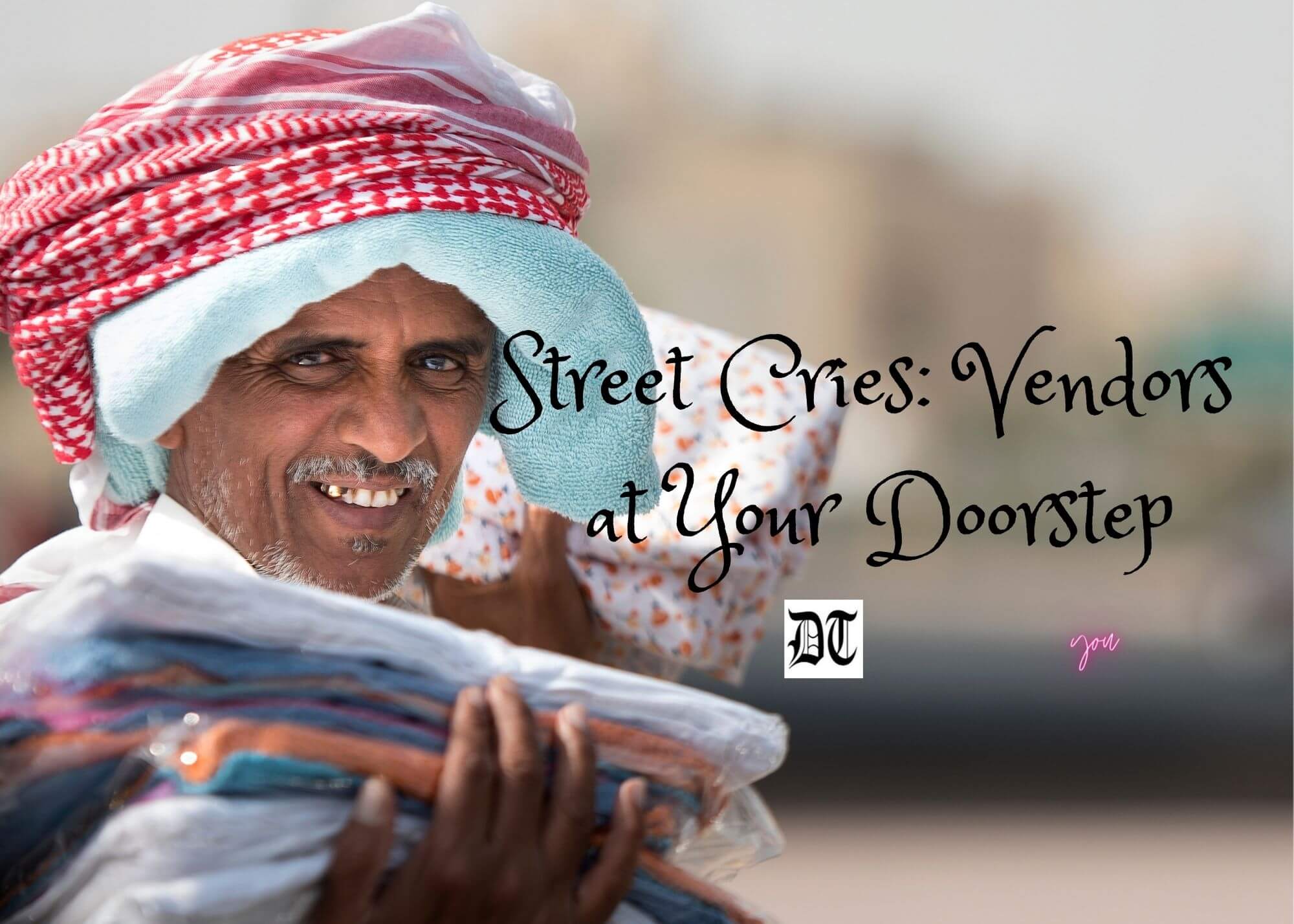Soumya discovers that the street vendors of Kolkata have kept alive a tradition that is almost extinct. An interesting revelation, exclusively for Different Truths.

Since lockdown had started, the part of Delhi I was staying in, Jorbagh, an already extremely quiet neighborhood, became practically silent, and I could hear a great deal of bird calls sitting in my balcony.
When I moved to Kolkata, initially in a high-rise in Alipore, things became even quieter, as no street sound could enter, past the extended driveway and gardens, and up many floors in the sky.
When we moved to our own house in Salt Lake, another incredibly quiet, tree lined street with no traffic, our house being at the dead end of a sparsely populated residential lane, a new sound permeated in along with the birdcalls, a sound that took me back to childhood, the street cries of hawkers of various hues.
The first was a man selling idli vada, South Indian breakfast snacks.
Then came the cycle bells of the newspaper boys and the thuds of newspapers hitting driveways and balconies.
The vegetable vendors came next, tinkling the bells of their van rickshaws and shouting out their ware…
The vegetable vendors came next, tinkling the bells of their van rickshaws and shouting out their ware, as did the fruit sellers.
They were soon joined by the purveyors of the most essential part of the Bengali cuisine, the fish sellers. They cried out the myriad varieties of fish kept in handis on their rickshaws and proclaiming their freshness.
I am usually in my balcony at this time… while this business on wheels and advertisement by lung power makes an interesting street theater in the otherwise deserted roads.
I am usually in my balcony at this time, having returned from my morning walk, reading my newspapers, and solving the crosswords, while this business on wheels and advertisement by lung power makes an interesting street theater in the otherwise deserted roads.
As the day goes on a variety of remarkably interesting hawkers go about hawking their wares, all in eco friendly cycles and cycle rickshaws. The most common are the angels of recycling, the junk buyers. Everything is salable. Old newspapers, books, clothing, shoes, scrap metal, electronics, furniture, keys, plastic, glass bottles, utensils, hardware, equipment, anything you do not need can be sold off. I wondered what they could be used for, but everything is recyclable in India.
The garbage collector comes in a cycle van and whistles, a signal that all households should come out and empty their bins.
The garbage collector comes in a cycle van and whistles, a signal that all households should come out and empty their bins. Even here, a woman followed the van, scavenging anything that can be extracted from the garbage. This is recycling on steroids.

Next come the repairers. Whatever you do not throw away can be fixed. Shoes, umbrellas, electronics, luggage, knives, keys, home gadgets, cycles, quilts, cutlery, clothes, furniture. All done while you wait. I am fascinated by the multitude of skills and the fact that it is a workshop on wheels, cycle wheels.
Others come offering to prune your hedge, weed your garden, pick your coconuts, or tend your lawn.
Others come offering to prune your hedge, weed your garden, pick your coconuts, or tend your lawn. I used the services of a coconut picker, who also offered to buy all the coconuts I did not want to keep, adjusting his fees out of the proceedings.
There are also people offering to clear out beehives and wasp nests, and sell fresh honey from the cleared hives.
Coconut water and sugarcane juice sellers compete with ice cream and sherbet vendors.
Then there is the equivalent of dime stores, only mobile.
Then there is the equivalent of dime stores, only mobile. This gentleman uses a loudspeaker and creates some noise pollution to advertise his ware but compensates by playing recorded Tagore songs to attract attention.
I wonder how these occupations have survived half a century, the only change being that they cycle instead of walking, bringing a host of goods and services to your doorsteps. They compete with malls, online businesses, aggregators, chain stores, home delivery companies, like Amazons and Walmarts and still survive.
Perfectly eco-friendly, economical, and indigenous, bringing colour and theatre to the streets.
Long live the vendors on the streets!
Visuals by Different Truths





 By
By
 By
By
 By
By